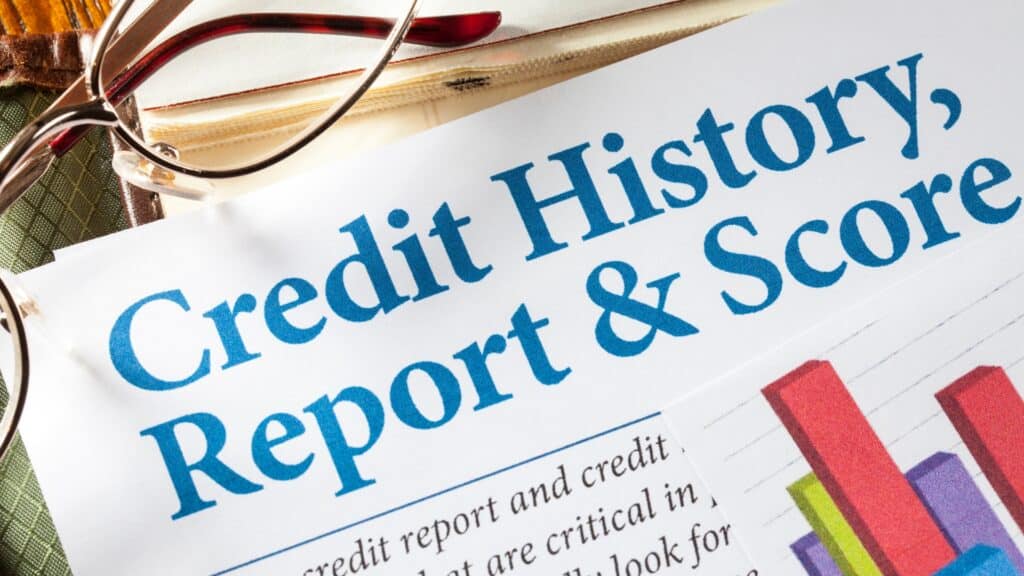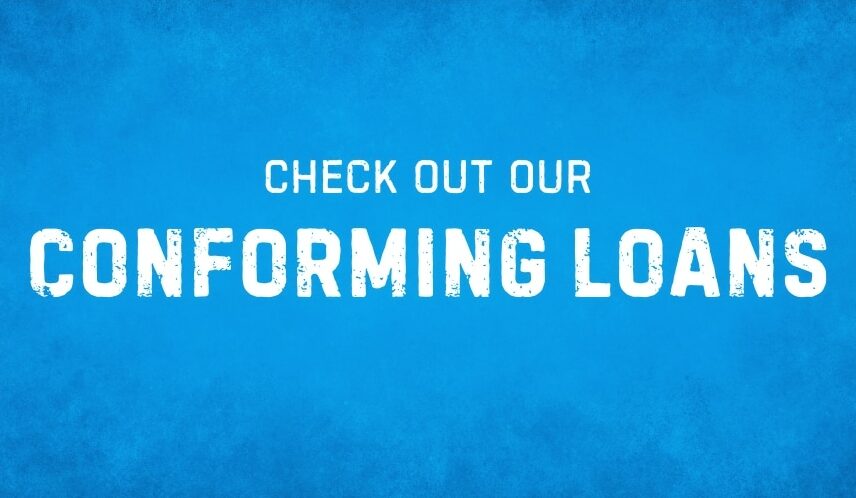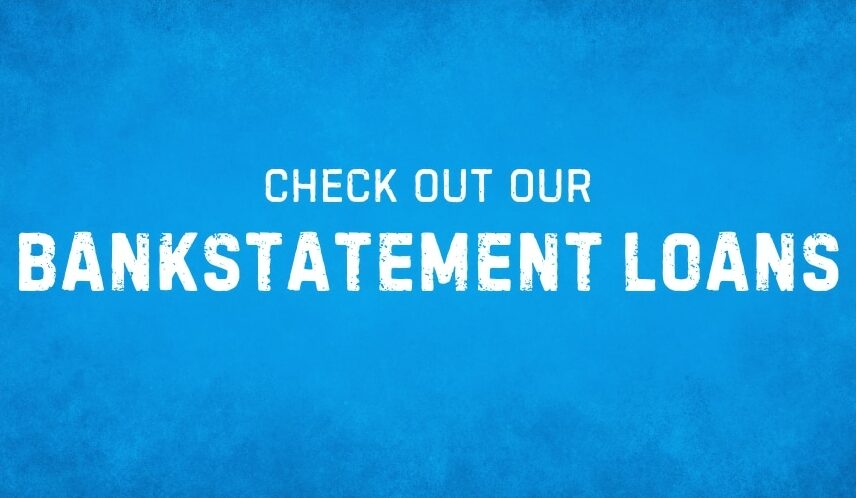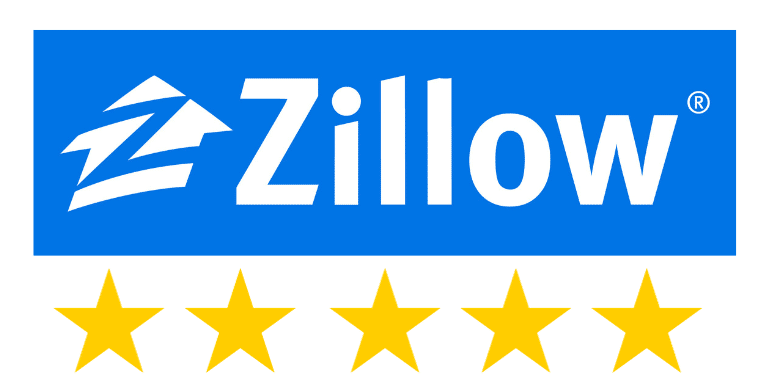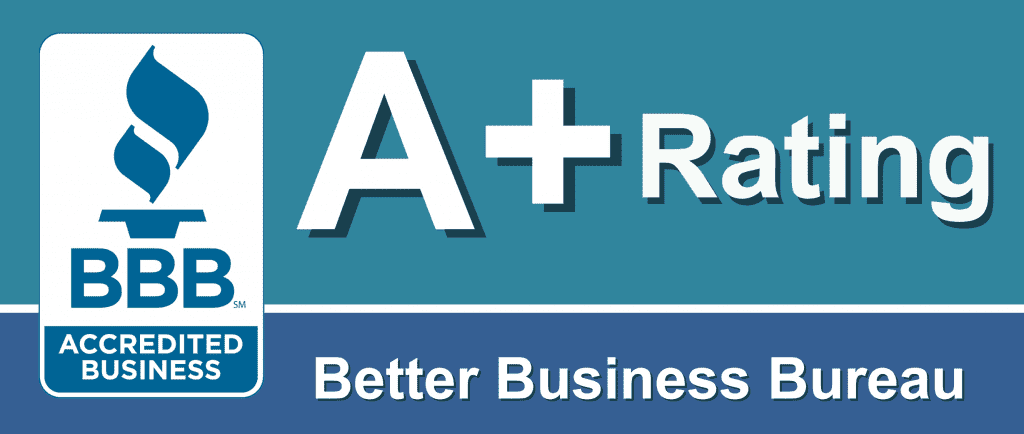Traditional Vs. Non-Traditional Credit
Lenders will consider two broad types of credit history when underwriting a new mortgage application: traditional and non-traditional. Whether you are refinancing a current mortgage or purchasing a home, your mortgage lender will review your credit history.
Most people know that your credit history plays a big role in the approval process when it comes to applying for a mortgage.
Until recently, most mortgage lenders only considered “traditional” credit history when evaluating a mortgage application; however, that has changed in recent years. Traditional vs. non-traditional credit is a discussion many lenders are facing these days.
The reason is that some people pay all their bills on time; however, they don’t have a car loan or a credit card, so their payment history is not accurately reflected on their credit reports. Someone with a non-traditional credit history might still be able to make a mortgage payment so that credit history should be considered.
How traditional credit applies to your mortgage
When you apply for a mortgage, you complete a loan application (among mortgage professionals, it’s commonly referred to as 1003 – “ten-0-three”) and turn in the required documentation to the loan officer you’re working with. The loan officer then obtains your credit report from the three main credit bureaus. Each credit bureau issues a credit score, a three-digit number that gives a numeric value to your credit history.
The Three Main Credit Bureaus
The three main credit bureaus are:
- Experian
- Equifax
- Trans-Union
Each credit bureau has its own scoring model when it comes to evaluating credit history. Missed payments, high debt, and derogatory public records, like bankruptcy, can all lower the score issued by one of the three bureaus.
When applying for a mortgage using traditional credit, you generally only need to obtain the scores from two of the three bureaus. If you have your credit report “frozen” by the three bureaus, then you’ll want to make sure you “un-freeze” it before you complete your mortgage application.
Traditional Credit Score Ranges
Here are the ranges of credit scores most mortgage lenders use. As a general rule of thumb, the lower the range, the higher the rate:
- 780+
- 760 – 779
- 740 – 759
- 720 – 739
- 700 – 719
- 680 – 699
- 660 – 679
- 640 – 659
- 620 – 639
- 600 – 619
- 580 – 599
There are some lenders willing to go below a 580 credit score, and generally speaking, the rates associated with a sub-580 credit score are usually the same. In fact, many lenders turn down borrowers with a sub-620 credit score due to the higher risks associated with lending to someone with a sub-620 credit score.
How non-traditional credit applies to your mortgage
If you or someone on your credit application does not have a “traditional” credit history, then a lender will use “non-traditional” credit to evaluate their payment history. Since there is no credit score, the lender typically has to use four types of payment history to establish a credit history that will satisfy underwriting guidelines.
This would include the following:
- Rental payment history
- Renter’s insurance
- Utilities such as water, gas, telephone, etc.
- Medical bills
- Life Insurance
- Child care…and more
When using “non-traditional” credit to underwrite a loan application, one must be a bit more conservative with their calculations. Typically the income and debt requirements are a bit more restrictive for those with “non-traditional” (aka NTC) credit compared to those with a traditional credit history.
Also, not all loan programs are available to those with NTC. Some lenders will require a higher down payment, and others may not allow for a cash-out refinance.
How do interest rates differ between traditional and non-traditional forms of credit?
Interest rates for traditional forms of credit are lower when compared to interest rates for non-traditional forms of credit. The reason is simple: non-traditional credit is the exception to what is normally evaluated by an underwriter, and exceptions cost more money.
A non-traditional credit home loan is simply more expensive to underwrite and service. It also has a higher risk of default, which raises the interest rate.
Do You have a question or need a quote?
Contact KevinLow rates, fast closings, and exceptional service.
Can you obtain a low-rate mortgage with NTC?
Absolutely; in fact, many times, it’s the same interest rate for an application based on “traditional” credit. However, as mentioned above, there are certain restrictions for those with NTC. Not all lenders offer mortgage loans to those with “non-traditional” credit, so be sure to ask your loan officer up-front if they provide loans to those with an NTC history.
Traditional vs. non-traditional credit history will continue to evolve as the mortgage industry changes. Be sure to discuss your traditional vs. non-traditional credit options with your loan officer.
